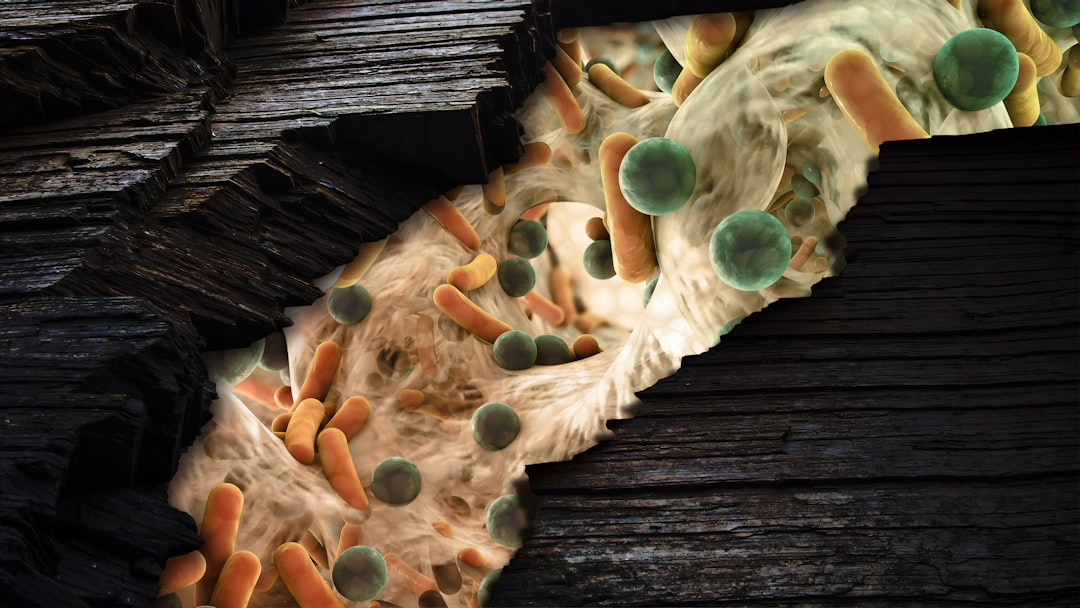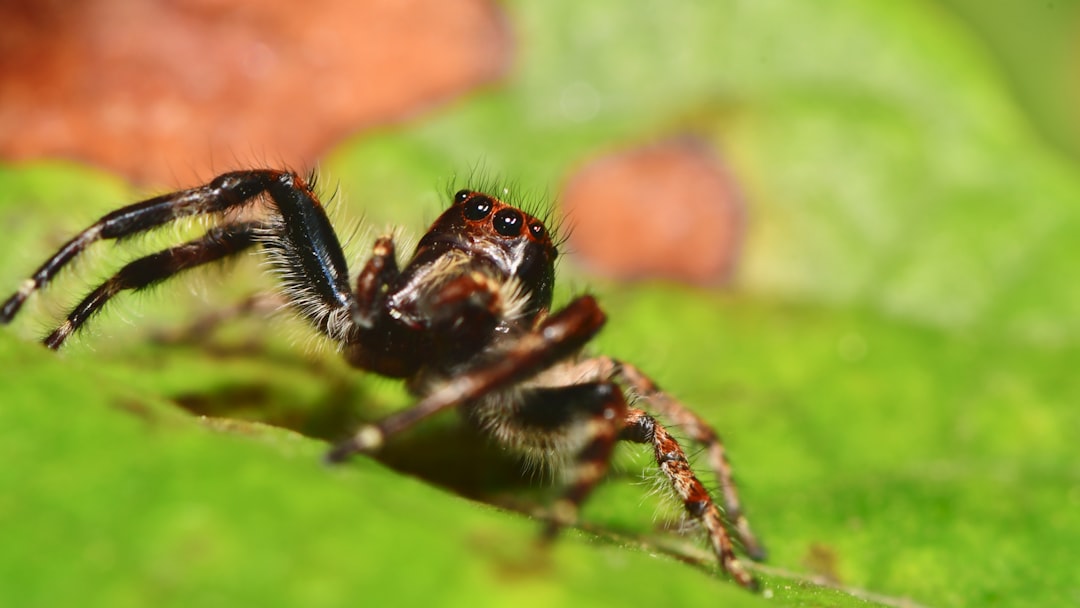What is it about?
The study of how animals respond to death (also called thanatology) has shown that humans are not the only species affected by the death of group members. Especially non-human primates, such as chimpanzees, show behaviors like carrying the corpse for a long time, gathering around the deceased, and inspecting the body for signs of life. In this study, we show that chimpanzees do not only respond to the deceased individual itself, but also to the bereaved: the individual most closely association with the deceased. We describe a case of a female chimpanzee in a zoo who lost her infant (presumed stillborn). Normally this female received little social support, but after the loss, she received friendly behaviors from many group members. On the day of her stillbirth, some group members gave the mother kisses on her mouth and body, which are intense friendly and supportive behaviors. Additionally, in the month following the stillbirth, they spend more time nearby the mother and groomed her more often than in the period before the stillbirth. We ruled out several alternative explanations for this increase in positive behavior towards the mother, and conclude that it may likely have been a response to her loss. Chimpanzees are known to be empathetic towards victims of aggression by consoling them, and this case report shows that this empathy may also extend to chimpanzees consoling individuals who have recently experienced a loss.
Featured Image

Photo by satya deep on Unsplash
Why is it important?
Our findings show that chimpanzees may respond to the suffering of others also when this is not directly visible such as after the other was a victim of aggression. Furthermore, it highlights how the death of an individual is an event that affects not just that individual and those close to them, but their entire social group.
Perspectives
This topic is very close to my heart, and I had never expected that witnessing this tragic event could lead to the hopeful finding that chimpanzees may console bereaved individuals. I think we often underestimate the empathic capacities of animals, because they express themselves differently than we do. Additionally, I think our findings have important implications for how we treat the death of animals under our care, such as in zoos. Historically, it has been common practice to remove deceased individuals from their social group as soon as possible, but our findings further indicate that chimpanzees (and I suspect many other animal species) understand or at least respond to the emotional consequences of loss. As such, it may be best to allow them to grieve in their own way, rather than intervene to remove the body as soon as possible.
Zoë Goldsborough
Max-Planck-Gesellschaft zur Forderung der Wissenschaften
Read the Original
This page is a summary of: Do chimpanzees (Pan troglodytes) console a bereaved mother?, Primates, September 2019, Springer Science + Business Media,
DOI: 10.1007/s10329-019-00752-x.
You can read the full text:
Contributors
The following have contributed to this page










